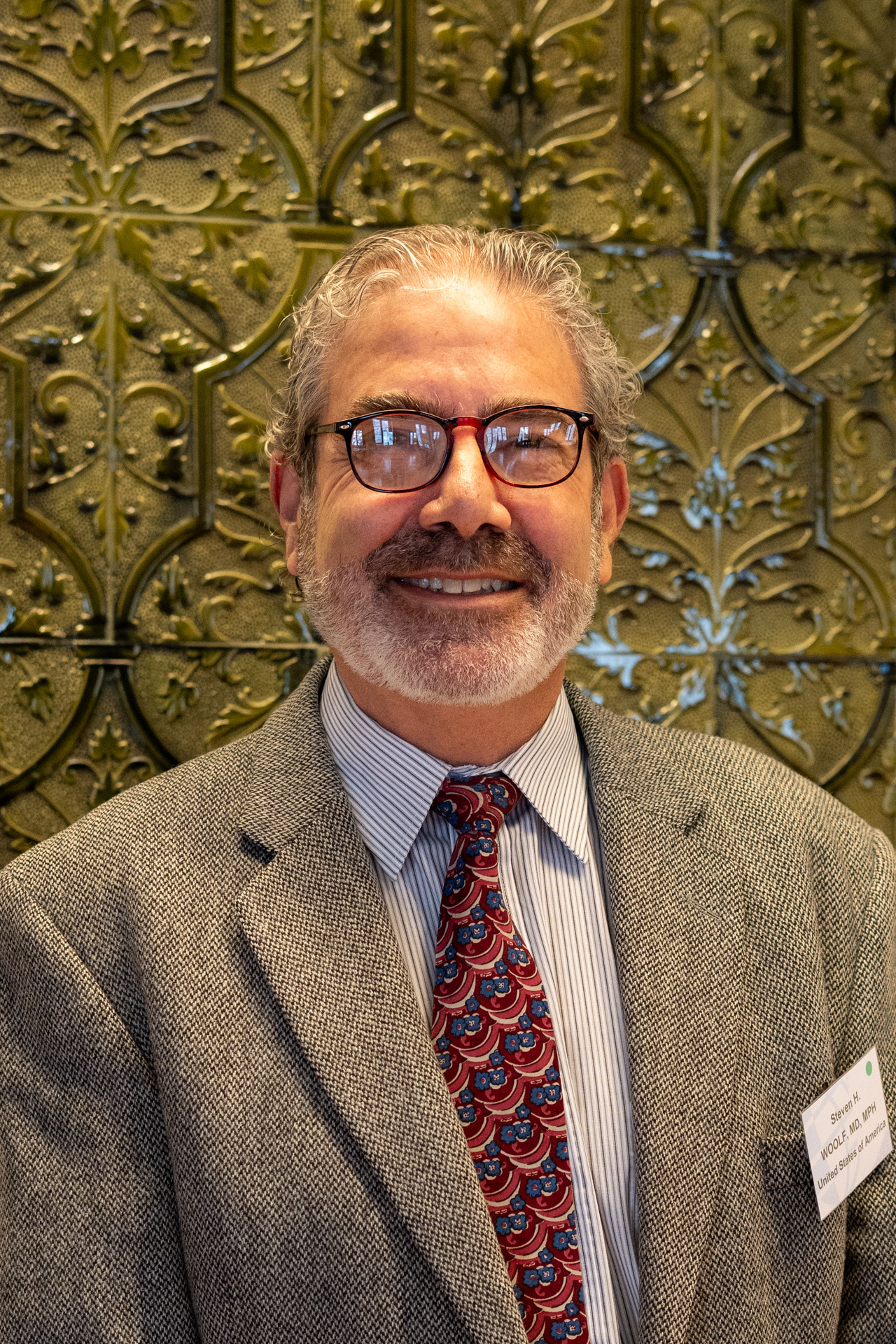Many important determinants of health fall outside of medicine. Identifying and influencing these factors to protect and promote well-being is the goal of public health. For the first time, the Salzburg Maastricht University Public Health Strategy I seminar, the first half of a two-part series, took place in Salzburg. The course introduced 28 fellows from 22 countries to the essentials of public health with a focus on applying three lenses—law, systems thinking, and leadership—to devise strategies to improve population health in their home countries. Guided by the faculty, the participants identified public health issues they would like to address and began shaping policy solutions that they will refine after returning to their countries.
- 28 fellows
- 22 countries
- 7 group work sessions
Katarzyna Czabanowska, Professor of Public Heath Leadership and Workforce Development at the Department of International Health, Maastricht University, served as the course director. Scott Burris, Associate Professor, Professor of Law and Public Health, and Director of the Center for Public Health Law Research at Temple University, co-led the course. Additional faculty included Timo Clemens, from Maastricht University in The Netherlands, Tony Smith, from the University of Birmingham in the United Kingdom, and Steven H. Woolf, from Virginia Commonwealth University School of Medicine in the USA.

Steven H. Woolf, MD, MPH
Aside from the stunning setting of Salzburg, my highlight of the week was getting to know the participants. Young physicians from multiple specialties came together from around the world to learn about public health and think creatively about strategies they can apply in their home countries. They were engaged, inspiring, and made friends with each other. It was a pleasure to join the other faculty to work with them.
Engaging content was presented to fellows, including introductions to public health approach, health behaviors and health systems, social and environment factors and policy, the role of leadership in introducing change, geographic and longitudinal perspectives, and more! There was a strong emphasis on group work throughout the week, which focused on reflections on the public health approach and lenses. Towards the end of the week, fellows received a final challenge, evidence, or research issue that were then prepared in small groups and presented on Friday afternoon.
To top it off, fellows also experienced Salzburg as a winter wonderland, laden in snow and buzzing with festive Christmas markets. What an engaging and insightful week! We can’t wait to see what our fellows do with this knowledge back home.











